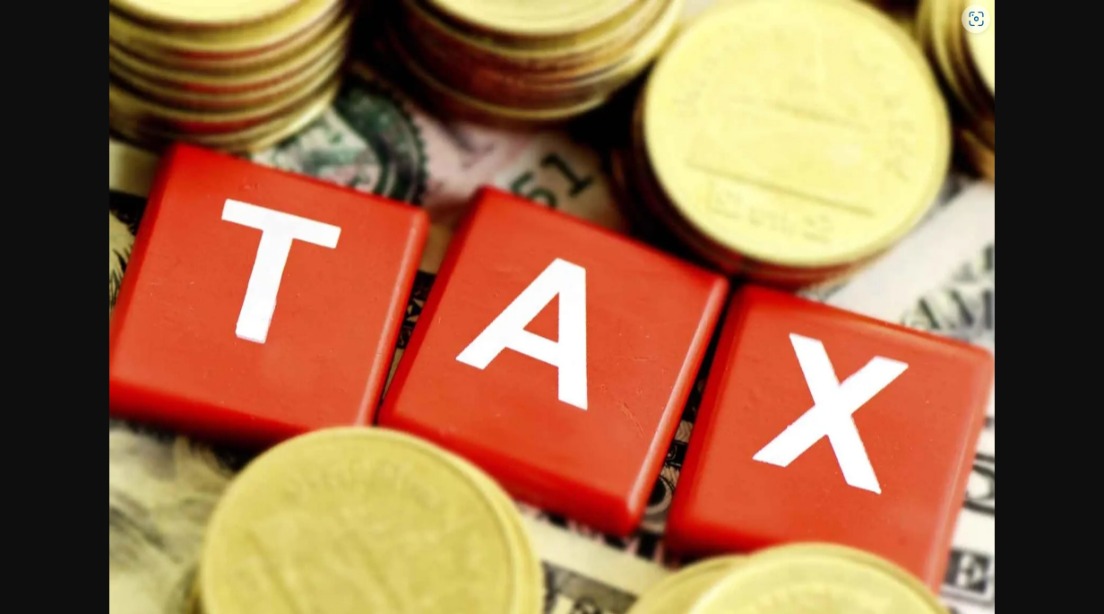Introduction
Taxation is a fundamental aspect of modern economies, shaping government revenue, public services, and individual finances. In this blog post, we’ll explore the essentials of taxation, its significance, types of taxes, and how it affects individuals and businesses.
1. What is Taxation?
Taxation refers to the compulsory levying of financial charges (taxes) by governments on individuals, businesses, or other entities to fund public expenditures and services. Taxes are essential for financing infrastructure, education, healthcare, defense, and other public goods.
2. Importance of Taxation
- Government Revenue: Taxes provide the primary source of revenue for governments at local, state, and national levels, enabling them to operate and provide essential services to citizens.
- Redistribution of Wealth: Through progressive taxation, governments can redistribute income and wealth, promoting social equity and reducing economic inequality.
- Stimulating Economic Growth: Tax policies can incentivize investment, consumption, and entrepreneurship, driving economic growth and job creation.
3. Types of Taxes
- Income Taxes: Levied on individuals and businesses based on their income, with rates typically varying by income level.
- Sales Taxes: Imposed on the sale of goods and services, usually calculated as a percentage of the purchase price.
- Property Taxes: Charged on the value of real estate or personal property owned by individuals or businesses.
- Corporate Taxes: Applied to profits earned by corporations, influencing business decisions and investment strategies.
- Excise Taxes: Imposed on specific goods like alcohol, tobacco, gasoline, and luxury items.
4. Taxation Process
- Tax Filing: Individuals and businesses are required to file tax returns annually, reporting income, deductions, and credits.
- Tax Calculation: Taxes owed are calculated based on applicable tax rates and deductions, with adjustments for credits and exemptions.
- Tax Payment: Taxes are typically paid periodically throughout the year or settled in full by the annual tax filing deadline.
5. Impact on Individuals
- Personal Finances: Taxes affect disposable income, influencing spending patterns, savings, and investment decisions.
- Tax Planning: Individuals can minimize tax liabilities through deductions, credits, retirement contributions, and strategic financial planning.
- Compliance and Penalties: Non-compliance with tax laws can result in penalties, fines, or legal consequences, emphasizing the importance of accurate reporting and adherence to regulations.
6. Impact on Businesses
- Cost of Doing Business: Corporate taxes impact profitability and financial performance, influencing pricing strategies and investment decisions.
- Tax Incentives: Governments may offer tax incentives to encourage specific behaviors or industries, such as research and development credits or investment allowances.
- Global Considerations: International businesses navigate complex tax systems and regulations across jurisdictions, managing transfer pricing and compliance with international tax treaties.
7. Tax Policy and Economic Policy
- Fiscal Policy: Taxation is a tool of fiscal policy used to manage economic cycles, stabilize government finances, and achieve macroeconomic objectives.
- Social Policy: Tax policies can support social goals such as healthcare provision, education funding, and poverty alleviation through targeted spending and tax credits.
8. Taxation and Society
- Public Debate: Taxation policies often spark public debate and political discourse on fairness, efficiency, and the role of government in economic management.
- Transparency and Accountability: Transparent tax systems promote accountability and trust in government institutions, ensuring taxpayer funds are used responsibly.
Conclusion
Taxation is a cornerstone of economic and social governance, shaping government revenue, economic behavior, and societal welfare. By understanding its principles, impacts, and implications, individuals and businesses can navigate tax systems effectively and contribute to informed public discourse on fiscal policies.
Call to Action
How has taxation impacted your financial decisions or business strategies? Share your insights or questions about taxation in the comments below! For more in-depth analysis and updates on tax-related topics, explore our blog for additional resources.



